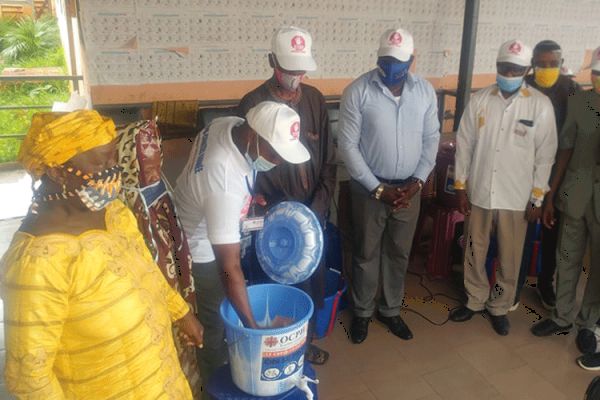Conakry, 02 March, 2021 / 6:37 pm (ACI Africa).
Sick people in Guinea are finding it difficult to go to health facilities for treatment since the new Ebola outbreak was declared some two weeks ago, a Caritas official in the West African nation has said.
In an interview with ACI Africa Tuesday, March 2, the Programs Director of Caritas Guinea, Siba Alexis Dopavogui, observed that people in Guinea are behaving the same way they behaved when COVID-19 was first reported in the country.
“The situation here is similar to what we experienced last year when we first heard of COVID-19 in the country. I remember there is a Bishop whose secretary ran away when the Prelate was diagnosed with COVID-19. Nothing has been heard of the secretary to date,” Mr. Dopavogui said.
He added, “People feared going to the hospital for fear of contacting the virus or being told that they had it. The same thing is happening right now. People who had gotten used to the COVID-19 have slid back into fear. This time it is Ebola that they fear. Most are choosing to be treated at home rather than go to a hospital.”
Guinea declared a new Ebola outbreak on February 14 when tests came back positive for the virus after three people died and four fell ill in the country, sending panic in the West African nation and her neighbors.








